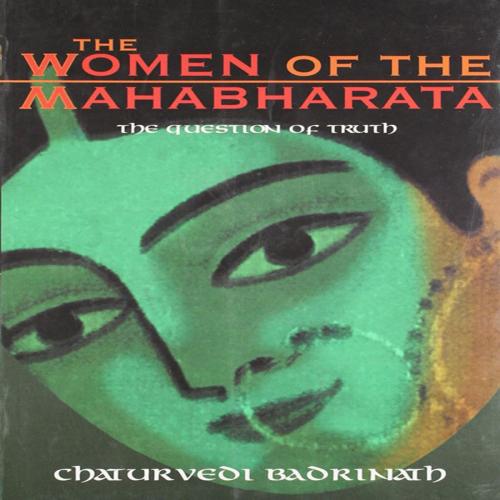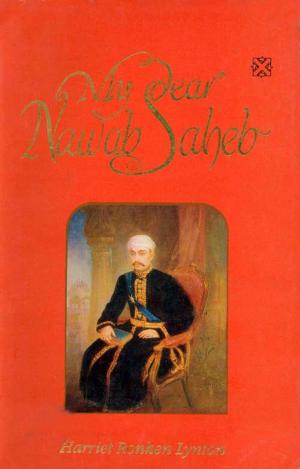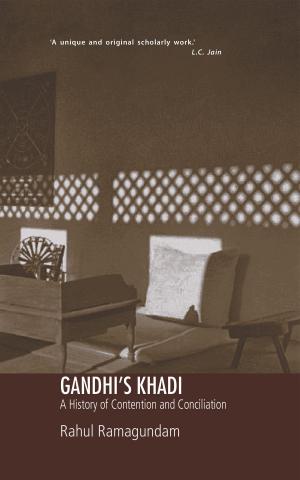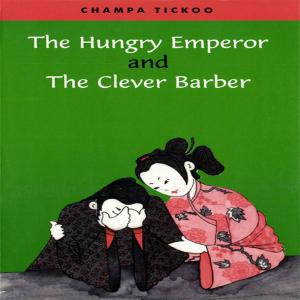The Women of the Mahabharata
The Question of Truth
Nonfiction, Social & Cultural Studies, Social Science, Gender Studies, Women&| Author: | Chaturvedi Badrinath | ISBN: | 9788125052562 |
| Publisher: | Orient Blackswan Private Limited | Publication: | March 24, 2017 |
| Imprint: | Language: | English |
| Author: | Chaturvedi Badrinath |
| ISBN: | 9788125052562 |
| Publisher: | Orient Blackswan Private Limited |
| Publication: | March 24, 2017 |
| Imprint: | |
| Language: | English |
In the stories where the Mahabharata speaks of life, women occupy a central place. In living what life brings to them, the women of the Mahabharata show, that the truth in which one must live, is however, not a simple thing; nor can there be any one absolute statement about it. Each one of them, in her own way, is a teacher to mankind as to what truth and goodness in their many dimensions are. The twelve women of the Mahabharata whose life stories make up this book, range from Shakuntala, Savitri and Damayanti who are known only in sketches; from Sulabha, Suvarchala, Uttara Disha, Madhavi and Kapoti who are hardly known, and finally to Draupadi, known widely but frozen in popular culture and writing in two or three standard clichéd images. The women of the Mahabharata are incarnate in the women of today. To read the stories of their relation-ships is to read the stories of our relationships. They demand from the men of today the same reflection on their perceptions, attitudes, and pretensions too, as they did from the men in their lives, and equally often from other men full of pretensions, even if they were kings and sages. Badrinath’s ability to combine respect and love and to write with impressive scholarship and grace will unforgettably transform our experience of reading the Mahabharata
In the stories where the Mahabharata speaks of life, women occupy a central place. In living what life brings to them, the women of the Mahabharata show, that the truth in which one must live, is however, not a simple thing; nor can there be any one absolute statement about it. Each one of them, in her own way, is a teacher to mankind as to what truth and goodness in their many dimensions are. The twelve women of the Mahabharata whose life stories make up this book, range from Shakuntala, Savitri and Damayanti who are known only in sketches; from Sulabha, Suvarchala, Uttara Disha, Madhavi and Kapoti who are hardly known, and finally to Draupadi, known widely but frozen in popular culture and writing in two or three standard clichéd images. The women of the Mahabharata are incarnate in the women of today. To read the stories of their relation-ships is to read the stories of our relationships. They demand from the men of today the same reflection on their perceptions, attitudes, and pretensions too, as they did from the men in their lives, and equally often from other men full of pretensions, even if they were kings and sages. Badrinath’s ability to combine respect and love and to write with impressive scholarship and grace will unforgettably transform our experience of reading the Mahabharata















